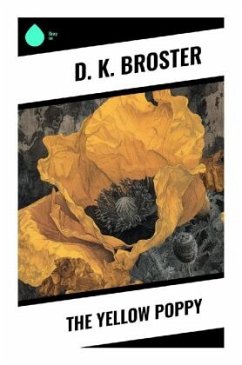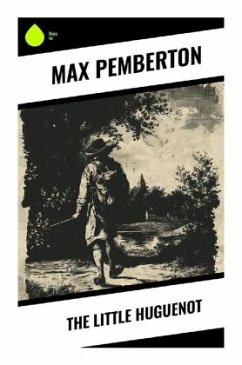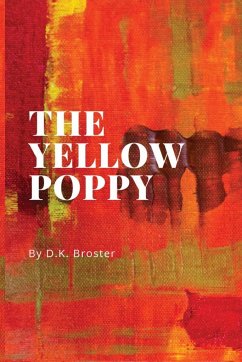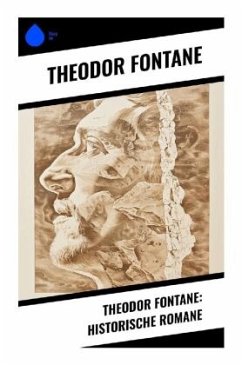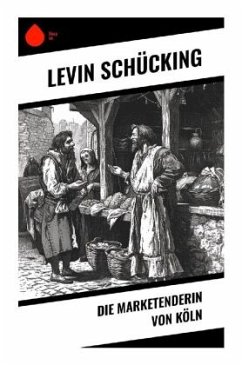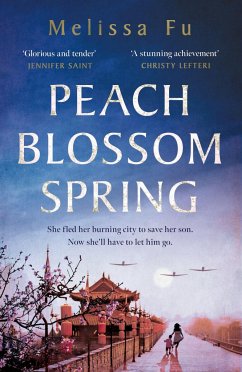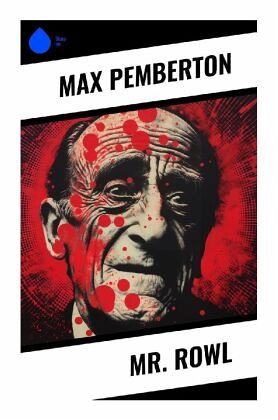
Mr. Rowl
Versandkostenfrei!
Versandfertig in 6-10 Tagen
13,30 €
inkl. MwSt.
Weitere Ausgaben:

PAYBACK Punkte
0 °P sammeln!
In "Mr. Rowl," Max Pemberton intricately weaves a narrative that explores the psychological depths of colonial life through the eyes of its enigmatic titular character. Set against the backdrop of late 19th-century England and its empire, the novel offers a rich tapestry of social critique, showcasing Pemberton's adept use of vivid imagery and character development. With its blend of suspense and moral riddles, the book captures the tension of a society grappling with its own values amid the complexities of human relationships and the impact of imperialism. Max Pemberton, a notable figure of h...
In "Mr. Rowl," Max Pemberton intricately weaves a narrative that explores the psychological depths of colonial life through the eyes of its enigmatic titular character. Set against the backdrop of late 19th-century England and its empire, the novel offers a rich tapestry of social critique, showcasing Pemberton's adept use of vivid imagery and character development. With its blend of suspense and moral riddles, the book captures the tension of a society grappling with its own values amid the complexities of human relationships and the impact of imperialism. Max Pemberton, a notable figure of his time, draws upon his diverse experiences as a writer and medical practitioner, offering a uniquely informed perspective on the human condition. Living through an era marked by rapid change, discontent, and the impending tensions of a modern world, Pemberton's keen observations reflect the struggles and dichotomies faced by individuals in a transforming society. His ability to craft compelling narratives likely stems from an understanding of life's unpredictability and nuance. "Mr. Rowl" stands out not only as a significant literary work but also as a lens through which to view the intricacies of human nature and society. Readers are encouraged to immerse themselves in this richly textured narrative, which resonates with timeless themes and offers profound reflections on identity, morality, and the societal structures that shape our lives.





